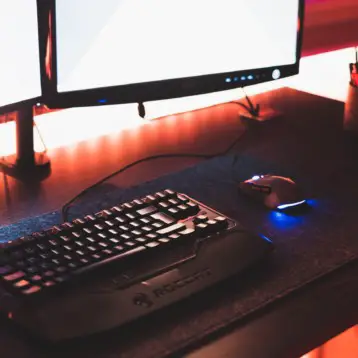Could a computer software help shrinks diagnose depression? Researchers from the University of Southern California’s Institute for Creative Technologies believe it can and they are developing the technology to do so with supposedly greater accuracy than human therapists.
Researchers from the University of Southern California are developing a new technology called SimSensei which uses Microsoft Kinect unit and sophisticated algorithms to detect minute changes in body language and facial expressions that they believe might be signs of depression.
–
–
Currently, depression is diagnosed using a standard questionnaire which does not take in to account non verbal signs (although some experienced therapists might definitely pick up cues from the patient’s state of mind and behavior). In order to increase the chances of diagnosing depression, SimSensei is being developed to identify the patient level of eye contact, acoustic features, linguistic patterns, as well as movement during the conversation.
–
–
SimSensei will use a virtual therapist talking to the patient. This is an interesting approach given the fact that the researchers don’t see the program as intended to replace existing therapists but rather as a tool to help them diagnose their patients in a more accurate way.
–
–
Virtual shrinks are nothing new of course. In the mid 1960’s Joseph Weizenbaum from MIT developed ELIZA – a simple software created to simulate a psychotherapist asking questions which required almost no prior knowledge of the world or human interaction but was creating a rather human like interaction at times. Since then more and more sophisticated communicating programs were created although not has been successful in passing the Turing Test so far.
–
–
Interestingly, SimSensei doesn’t need to pass the Turing Test. Its developers are completely open about its nature in front of the patient. All they require is enough attention and general feel of cooperation from the patient to read the non-verbal cues from the patient.
–
–
SimSensei is actually just one of a number of programs currently under development that evaluates the subtle differences in how people with depression behave. To test some of the different approaches to this problem, The Association for Computing Machinery is hosting a contest between different programs in order to see which one can diagnose patients more accurately.
–
–
SimSensei is still under development. More information about this project (as well as a few others) can be found on the University of Southern California’s Institute for Creative Technologies website.
–
A video demonstration of SimSensei











